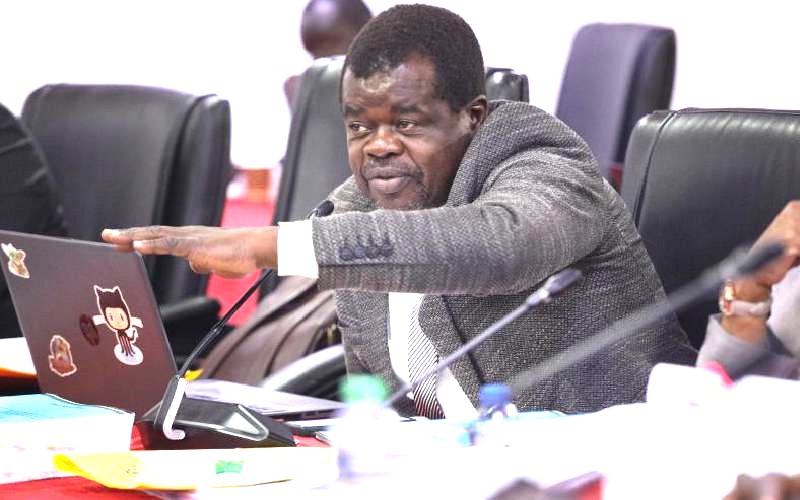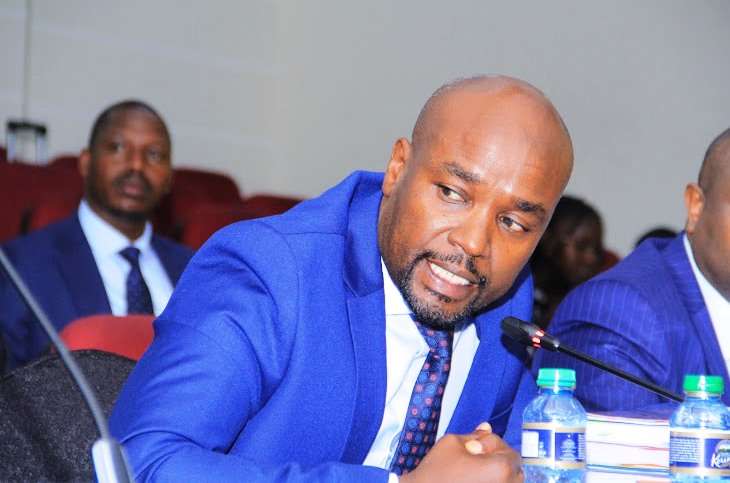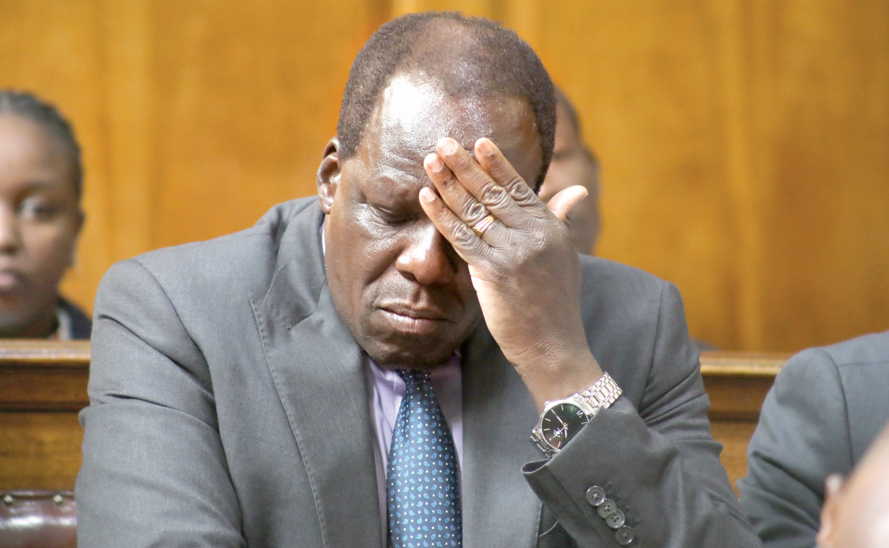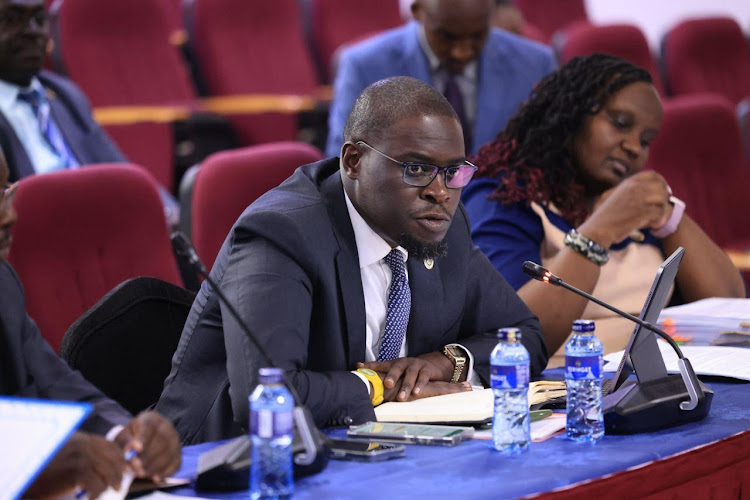Omtatah’s team is led by Mary Kathomi Riungu as coordinator, Charles Ole Kabaiku as Deputy and Diaspora Coordinator, David John Bwakali as Political and Grassroots Strategist, and activist Hanifa Adan, who gained prominence during the June Gen Z protests, as Public Relations/Media Consultant
With nearly three years to the 2027 presidential election, the field of candidates hoping to unseat President William Ruto is steadily expanding. The latest entrant is Busia Senator Okiyah Omtatah, renowned for his courtroom victories against contentious government actions, despite not being a lawyer.
On Friday, Omtatah launched a 10-member exploratory team to assess the viability of his presidential bid. By Monday, he had unveiled a comprehensive roadmap addressing Kenya’s pressing challenges, pledging bold reforms aimed at improving citizens’ lives and ensuring sustainable development.
This move appears designed to resonate with Generation Z, a demographic that is increasingly disillusioned with the Kenya Kwanza government’s unfulfilled campaign promises, particularly on job creation, cost-of-living reduction, and anti-corruption measures. Many in this group will be first-time voters in 2027.
Omtatah’s team, led by Mary Kathomi Riungu as coordinator, includes Charles Ole Kabaiku as Deputy and Diaspora Coordinator, David John Bwakali as Political and Grassroots Strategist, and activist Hanifa Adan, who gained prominence during the June Gen Z protests, as Public Relations/Media Consultant.
Meanwhile, other political heavyweights have also begun maneuvering for 2027. Former Interior Cabinet Secretary Fred Matiang’i has enlisted Canadian lobbying firm Dickens & Madson to build international support for his bid, reportedly paying $65,000 upfront and committing to a $250,000 annual retainer.
Wiper leader Kalonzo Musyoka is courting remnants of the Azimio coalition and former Deputy President Rigathi Gachagua, while Narc Kenya leader Martha Karua declared her candidacy on Monday, promising to compete for the presidency. “I made it as a running mate before, and I will definitely make it as an aspirant,” she said during a TV interview.
Political analysts see Omtatah’s entry as a disruptive force in the race, potentially challenging the political establishment long dominated by ethnic coalitions. “With the Kenya Kwanza administration’s popularity waning faster than expected, Omtatah’s candidacy could energize voters looking for alternatives,” journalist Alenga Torosterdt observes.
However, questions about Omtatah’s qualifications may complicate his bid. The Elections Act requires a degree, and Omtatah reportedly holds a diploma from Kenya Polytechnic. Unless he earns a degree by 2027 or successfully challenges the requirement, his eligibility might face legal hurdles.
A critical factor remains the engagement of Generation Z voters. If mobilized, their participation could redefine Kenya’s political landscape, injecting fresh momentum into the country’s democratic processes. For now, the race to State House is wide open, and alliances are already taking shape.





